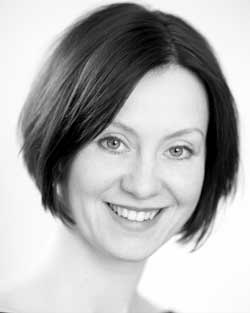Children should be seen, heard and reasoned with
- 5 Stars
Add to My Folder
Sir Jim Rose’s report, published at the end of April, highlights the importance of teaching speaking and listening skills, as well as reasoning and thinking skills, in primary school – quintessentially, argues Emma Worley, the very skills that Philosophy equips children with.

Emma Worley believes Philosophy has a place in the primary school curriculum.
Sir Jim Rose’s set of suggestions for revamping the National Curriculum earlier this month highlighted the need for ways to develop listening and speaking skills – as well as learning and thinking skills in the under 11s. Philosophy is the best tool to teach these skills to really young children.
Published 21 May 2009
Reviews
Rated 5/5 from 1 rating
You need to be signed in to place a review.
susanna
on 20 January 2010
more transparency
The way philosophy was introduced at my child's school was with minimal information to the parents, as well as no ongoing information from each session, except for what my child could recount from the lesson. It is all quite secretive, nowhere is it mentioned even on the school's website.
In my time at school, philosophy was taught as an alternative to RE and mostly attended by class mates who called themselves atheists. I am not sure which strain of philosophy is taught at my children's school.